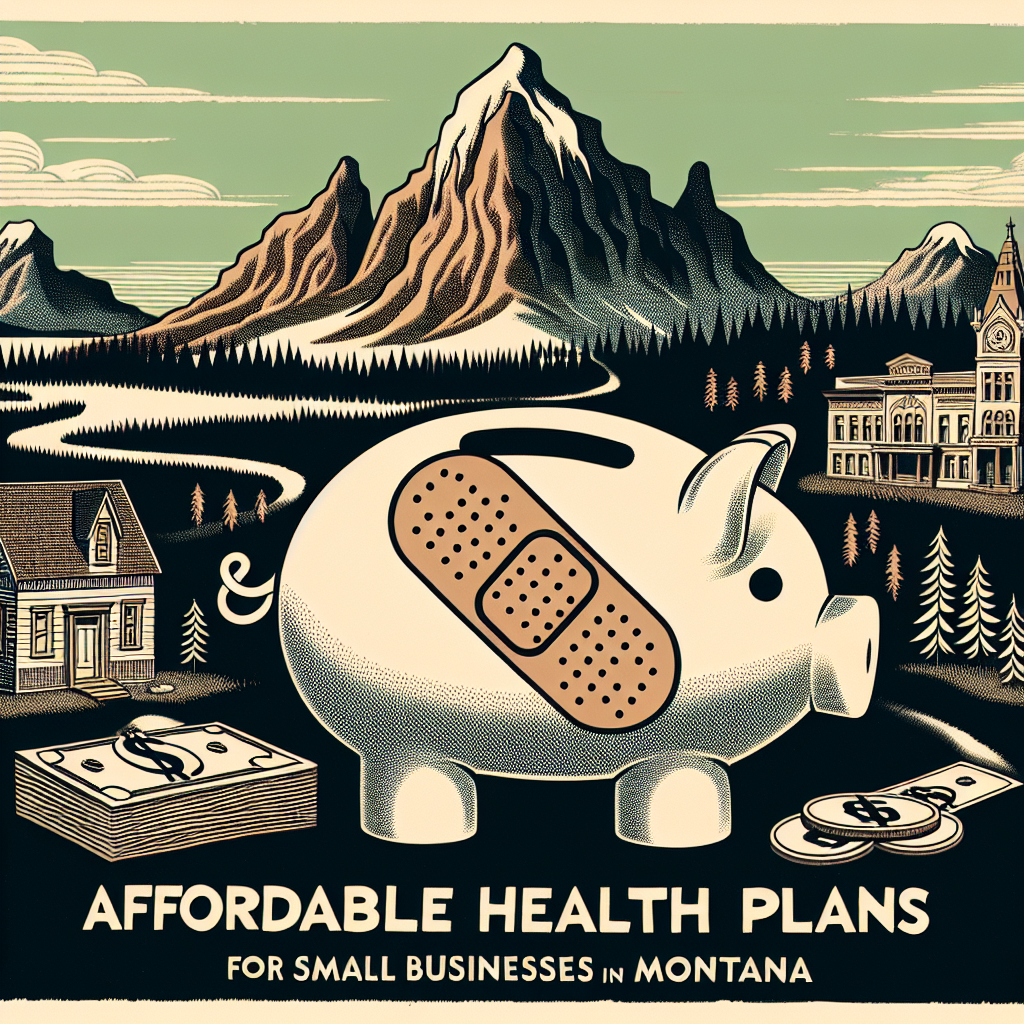Filed under Health Insurance on
Top Health Insurance for Self-Employed Professionals

Navigating health insurance as a self-employed professional can feel overwhelming. Without the safety net of employer-provided benefits, you're likely searching for plans that offer robust coverage without breaking the bank. In this comprehensive guide, we'll explore top health insurance options tailored to the needs of self-employed individuals, ensuring you make an informed decision.
Understanding Health Insurance Needs for the Self-Employed
Self-employed professionals face unique challenges and opportunities when it comes to health insurance. Understanding these distinctions is crucial for selecting the best coverage that aligns with your lifestyle and financial capacity.
The Importance of Comprehensive Coverage
Without employer-sponsored plans, the self-employed must ensure their health insurance sufficiently covers routine check-ups, emergency care, and specialist consultations. Comprehensive plans often come with higher premiums but can save you from substantial medical bills in the long run.
Budget Considerations
Balancing cost and coverage is key. Evaluate your yearly income fluctuations and potential tax deductions related to health insurance premiums. This assessment helps in selecting a plan that won't strain your budget while providing necessary protection.
Top Health Insurance Options for Self-Employed Professionals
Here are some standout options that cater to the nuanced needs of the self-employed, offering various levels of coverage and affordability.
1. Health Maintenance Organization (HMO) Plans
HMOs typically provide a wide array of health services through a network of doctors and hospitals. As a self-employed professional, choosing an HMO can offer you lower premiums and out-of-pocket costs, as long as you don't mind choosing healthcare providers within the network.
- Pros: Lower premiums, coordinated care.
- Cons: Limited provider flexibility, require referrals for specialists.
2. Preferred Provider Organization (PPO) Plans
PPOs offer more flexibility in choosing healthcare providers, which can be appealing if you value accessing out-of-network services. Although premiums might be higher, the ability to see any doctor without referrals can be a significant advantage.
- Pros: Greater provider choice, no referral needed for specialists.
- Cons: Higher premiums and deductibles.
3. High-Deductible Health Plans (HDHPs)
Paired with a Health Savings Account (HSA), HDHPs can be an economical option for healthy self-employed individuals who want lower premiums. The ability to save pre-tax money in an HSA for future medical expenses is a noteworthy benefit.
- Pros: Lower premiums, HSA eligibility.
- Cons: Higher out-of-pocket costs before coverage kicks in.
4. Exclusive Provider Organization (EPO) Plans
EPOs blend features of HMOs and PPOs by offering lower premiums while still providing flexibility. However, you must stay within the network for coverage.
- Pros: Lower premiums than PPOs, no need for referrals.
- Cons: No out-of-network coverage except in emergencies.
Individual Health Insurance Marketplace
The Health Insurance Marketplace, or exchange, offers various plans specifically designed for self-employed individuals. These plans are categorized by metal tiers: Bronze, Silver, Gold, and Platinum.
Evaluating Metal Tiers
Each tier balances premiums with out-of-pocket costs differently. For instance, Bronze plans have lower premiums but higher out-of-pocket costs, suitable for those needing less regular medical care. Conversely, Platinum plans, with higher premiums, cover more immediate costs for frequent medical attention.
Alternative Health Insurance Solutions
For those seeking non-traditional routes, additional options exist that might better accommodate individual needs and preferences.
Association Health Plans (AHPs)
Association Health Plans allow self-employed individuals to band together for insurance purposes, potentially securing coverage similar to large employers. These plans often have more competitive pricing and a wider array of benefits.
Health Sharing Ministries
Not technically insurance, health sharing ministries involve members sharing medical expenses. This can be a cost-effective solution, though it's important to understand the religious and ethical guidelines these organizations typically require.
Optimizing Your Health Insurance Choice
With so many options, ensuring you select the right health insurance for your unique situation involves assessing a variety of factors:
Evaluate Your Healthcare Needs
Consider your current health, family medical history, and the level of care you anticipate needing. If you frequently visit doctors or require regular medication, a higher-tier plan might be more cost-effective overall.
Consider Financial Planning
Factor in both your current financial status and future projections. Health insurance can provide significant tax advantages, so a plan that maximizes these benefits might enhance your financial strategy.
Industry Trends and Expert Insights
Staying abreast of industry trends and insights from healthcare experts can provide valuable guidance in making the most informed choice possible.
Trend Towards Telemedicine
The recent surge in telemedicine offers newfound convenience, which is particularly beneficial for the self-employed. Ensure your chosen plan includes coverage for virtual visits.
Expert Opinions on Coverage Essentials
Experts often suggest prioritizing plans that cover preventive care and routine screenings, as early detection can prevent higher costs down the line.
Final Thoughts on Health Insurance for Self-Employed Professionals
Selecting the right health insurance as a self-employed professional requires careful consideration of personal healthcare needs, budget constraints, and available plan options. By equipping yourself with the necessary knowledge and resources, you can secure health insurance that offers the peace of mind and protection you deserve.
Ultimately, the goal is to find a balance between cost and coverage, ensuring access to necessary medical services while supporting your financial well-being. Armed with these insights and options, you're well on your way to making a choice that safeguards both your health and your livelihood.





